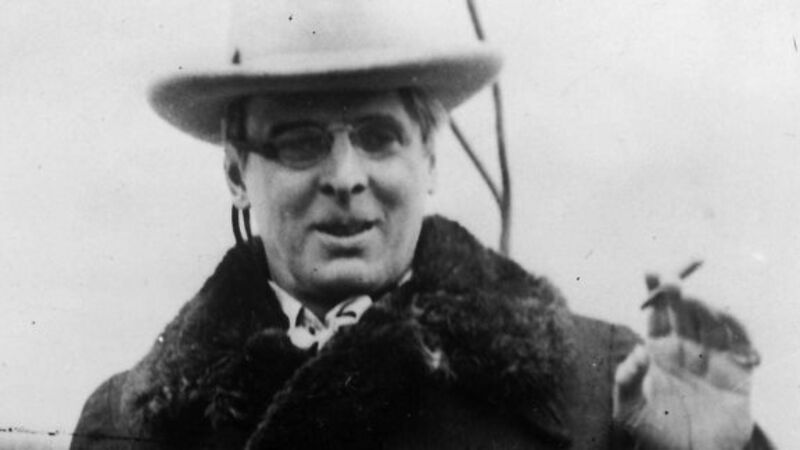Thomas Bartlett and Paul Muldoon are putting the words of Yeats to music

ILLIAM BUTLER YEATS had a somewhat paradoxical relationship with music. By all accounts — including his own — the poet was entirely tone deaf. And yet, despite this supposed tin ear of his, Yeats was wont to deliver his own poems in a distinctive chanting lilt that bordered on incantation, while he also very frequently collaborated with composers — among them, Edward Elgar — on the musical accompaniment to his dramatic writings.
That a supremely musical air is at work in Yeats’s poetry is evident in the copious musical transpositions that his poems have garnered over the years, the most popular of which include tunes by The Waterboys and Christy Moore. It is appropriate, then, that in a programme of events celebrating the 150th anniversary of Yeats’s birth, the National Concert Hall is staging an intriguing two-night gala where the famous poet’s verse will be set to music and song by a dynamic array of artists, among them Anna Calvi, Sam Amidon, Cathal Coughlan, and Robert Forster.











